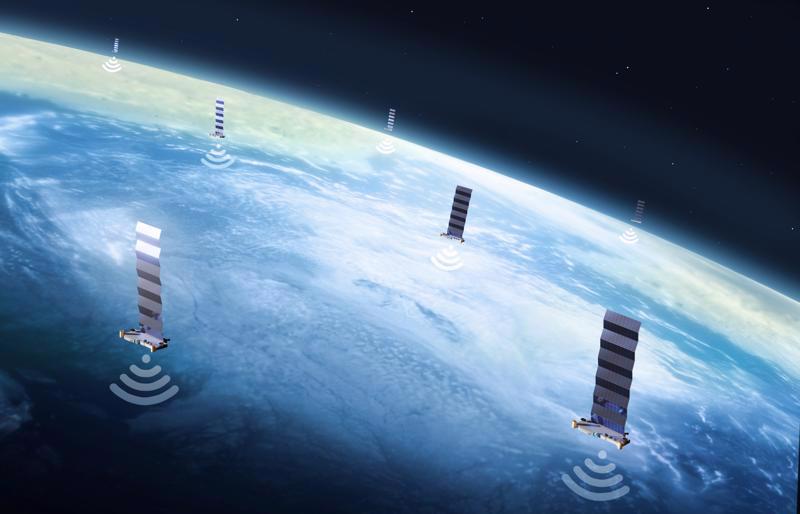Deputy Prime Minister Nguyen Chi Dung signed Prime Ministerial Decision No. 659/QD-TTg on March 23, approving a controlled pilot program for deploying telecommunications services using low-Earth orbit (LEO) satellite technology.
Notably, the program imposes no restrictions on foreign ownership, equity participation, or capital contributions, marking a significant shift in Vietnam’s approach to attracting international investment in the telecommunications sector.
Under the decision, SpaceX, the aerospace company founded by Elon Musk, has been granted approval to conduct a pilot rollout of its Starlink satellite telecommunications services in Vietnam.
The initiative will allow SpaceX to operate without limitations on foreign ownership or investment contributions, ensuring greater flexibility in its business strategy within the country. The pilot phase is set to run for five years from the date the company officially establishes its presence in Vietnam, but it must conclude no later than January 1, 2031.
The deployment of these satellite telecommunications services will be implemented nationwide, offering both fixed and mobile satellite services. Fixed satellite services will include Internet access and private leased lines for mobile base stations, while mobile satellite services will enable Internet connectivity at sea and on aircraft, addressing the growing demand for seamless global communication.
Beyond frequency regulations, the decision outlines a set of strict requirements and conditions that must be met during the pilot phase. The total number of subscribers will be capped at 600,000, ensuring that the initial rollout remains within controlled parameters.
Moreover, all national security and defense requirements must be strictly observed. One of the key conditions mandates that SpaceX establish a ground gateway station within Vietnam, ensuring that all satellite-generated traffic from users within the country is routed through this gateway and integrated into Vietnam’s domestic public telecommunications network.
Additionally, all user data originating in Vietnam must be stored locally, aligning with the country’s stringent data sovereignty regulations. To further safeguard the digital infrastructure, the provider must also implement robust cybersecurity measures to prevent the spread of malware, cyberattacks, and harmful content.
The Ministry of Science and Technology will take the lead in overseeing the program’s implementation, working in close coordination with the Ministry of National Defense and the Ministry of Public Security. These agencies will be responsible for monitoring compliance with Vietnamese laws and regulatory requirements, as well as conducting inspections of SpaceX’s telecommunications operations to ensure adherence to national security and industry standards.
SpaceX’s Starlink satellite Internet had previously been tested in Vietnam during an innovation event held in October 2023 in Hanoi's Hoa Lac area, where trial speeds reached approximately 200 Mbps.









 Google translate
Google translate